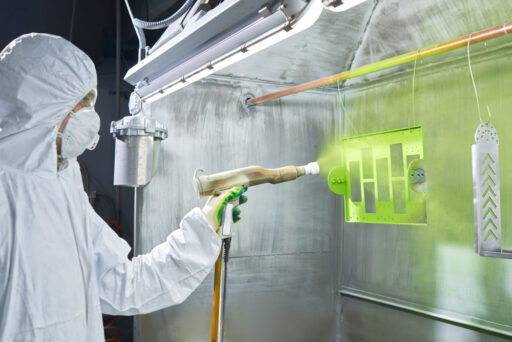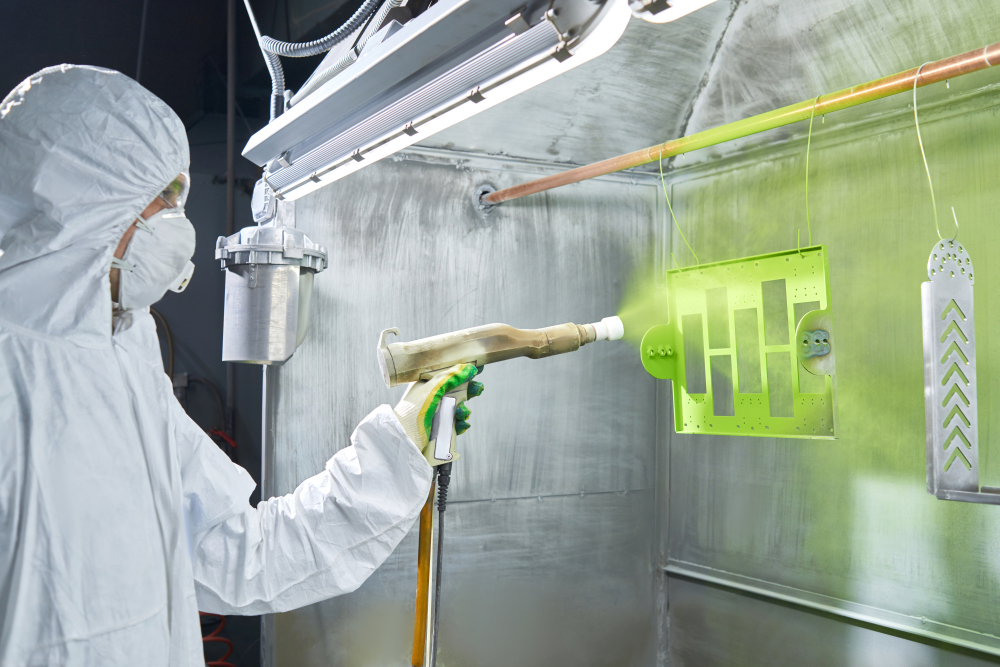Industrial coatings play a vital role in protecting surfaces and equipment from harsh environments, corrosion, wear, and chemical exposure. Whether you are working in manufacturing, construction, automotive, or any heavy-duty industry, selecting the right industrial coating supplies is crucial to ensure durability, safety, and optimal performance.
However, with so many types of coatings, materials, and application methods available, making the right choice can be overwhelming. This guide will help you navigate the selection process effectively.
Understand the Application Environment
The first step in choosing industrial coating supplies is to analyze the environment where the coating will be applied. Coatings designed for outdoor use must withstand UV rays, moisture, temperature fluctuations, and chemical exposure. In contrast, coatings for indoor applications might focus more on abrasion resistance and chemical spill protection.
- Exposure Conditions: Will the coated surface face harsh weather, saltwater, chemicals, or heavy abrasion? Each condition demands a specific coating type.
- Substrate Type: Metal, concrete, wood, or plastic substrates require different primer and coating systems to adhere properly and perform well.
- Temperature Ranges: Some coatings fail under extreme heat or cold, so understanding operating temperature is essential.
Choose the Appropriate Coating Type
There are various industrial coatings, each with unique properties tailored for different needs:
- Epoxy Coatings: Known for excellent adhesion, chemical resistance, and durability. Ideal for floors, machinery, and pipelines. For industries focused on protecting pipelines from corrosion, abrasion, and harsh environmental conditions, selecting the right pipeline coating is essential to ensure long-term durability and performance.
- Polyurethane Coatings: Provide superior UV resistance and flexibility, making them great for outdoor structures and automotive parts.
- Zinc-Rich Primers: Often used for corrosion protection on steel surfaces.
- Powder Coatings: Eco-friendly and provide a hard, durable finish commonly used in appliances and automotive parts.
- Ceramic Coatings: For extreme heat resistance and wear protection, often in high-temperature industrial processes.
Understanding these types will help you narrow down options suitable for your specific application.
Evaluate Surface Preparation Supplies
Proper surface preparation is critical to coating performance. Choosing the right supplies here can make or break your coating project.
- Abrasives: Sandblasting or other abrasive materials ensure surfaces are clean and rough enough for coating adhesion.
- Cleaning Agents: Use solvents or detergents to remove oils, dirt, and contaminants.
- Primers and Sealers: These enhance adhesion, block stains, and provide corrosion resistance.
Failing to invest in the correct surface prep materials can lead to coating failures like peeling, blistering, or rust formation.
Consider Application Methods and Equipment
How you apply the coating affects the quality and efficiency of the project. Common application methods include brushing, rolling, spraying, and dipping. Each method requires specific supplies:
- Brushes and Rollers: Ideal for small or detailed work, touch-ups, and uneven surfaces.
- Spray Guns: Provide fast, uniform application for large areas but require proper equipment and protective gear.
- Mixing Tools: Properly mix coating components to ensure uniformity and effectiveness.
Choose supplies compatible with your chosen coating type and the skill level of your workforce.
Assess Safety and Environmental Factors
Industrial coatings often contain chemicals that require careful handling. Look for supplies that include safety equipment such as gloves, masks, and ventilation systems. Additionally, environmentally friendly or low-VOC (volatile organic compounds) coatings may be necessary to comply with regulations and reduce health risks.
Budget Without Compromising Quality
While it’s tempting to opt for the cheapest supplies, quality should never be sacrificed. Inferior coatings or improper materials can lead to costly rework, downtime, and equipment damage. Invest in reputable brands and consult with coating specialists to get the best balance between cost and performance.
Work with Trusted Suppliers
Reliable suppliers offer technical support, product training, and guarantee product quality. They can recommend the right coatings and accessories based on your industry and application requirements. Building a good relationship with suppliers ensures access to the latest technologies and timely deliveries.
Final Thoughts
Choosing the right industrial coating supplies is a multifaceted decision involving environmental assessment, coating type, surface preparation, application methods, safety, and budget. By carefully considering these factors, you can ensure your coatings provide long-lasting protection and contribute to the success of your industrial projects. Always prioritize quality and expert advice to get the best results from your coating investments.








